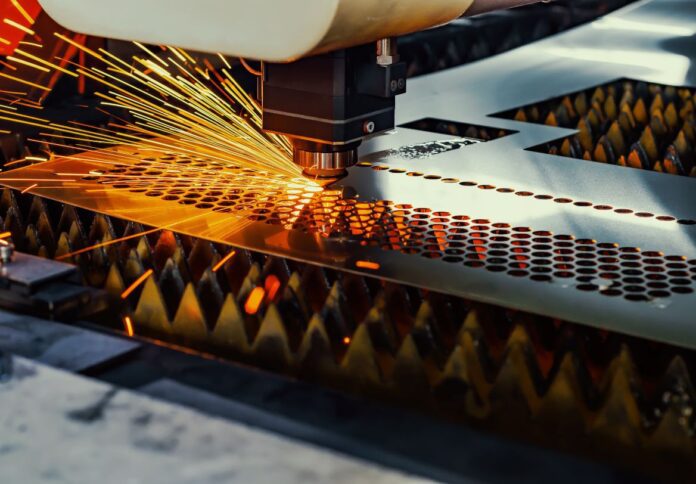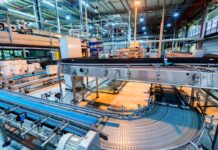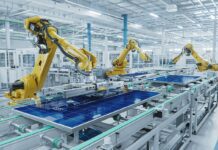
As the manufacturing industry enters the third decade of the 21st century, enterprise resource planning (ERP) solutions are increasingly becoming the backbone of modern manufacturing.
In a whitepaper, Global Shop Solutions explained how flexible ERP software has evolved from a nice-to-have solution to a vital element for manufacturing companies seeking to not just survive but thrive.
With the increasing complexity of supply chains, rising customer expectations and the relentless pace of technological advancements, manufacturers—not just in Australia but beyond—are finding themselves in need of ERP solutions that streamline processes and offer the flexibility to adapt to ever-changing business needs.
What are tailored ERPs?
While ERP systems are designed to provide a wide range of functionalities, they often fail to address the specific needs and challenges of individual manufacturing companies.
Meanwhile, tailored ERP systems offer the flexibility and customisation required to adapt to unique business processes, ensuring that manufacturers can operate at peak efficiency.
For instance, a company facing the challenge of managing a paperless shop floor in a precision metal manufacturing environment can use custom ERP solutions to replace inefficient paper-based processes with digital workflows that leverage real-time data access and automated scripts. This transition not only streamlines operations but also reduces errors and increases productivity.
The 4 key benefits of tailored ERP solutions
According to the Global Shop Solutions‘ whitepaper, here are four key benefits of customized ERP systems that can transform manufacturing operations:
- Enhanced operational efficiency: Custom ERP solutions significantly boost operational efficiency by streamlining workflows and reducing manual tasks. Tailored modifications allow manufacturers to customize existing screens, adding or removing functionalities to match specific needs. For example, by integrating various data sources into one interface, users can manage inventory, track production schedules, and oversee quality control from a single dashboard.
- Smart scheduling and automation: Custom ERP solutions can be configured to automate reports, workflow processes, and other routine tasks, freeing up valuable time for employees to focus on higher-priority activities.
- Personalised dashboard: Customizable dashboards empower employees at all levels to make informed decisions quickly. Whether it is a shop floor manager monitoring production output or an executive reviewing financial performance, personalized dashboards ensure that everyone has access to the information they need, presented in a format that is easy to understand and actionable.
- Robust data security: Tailored ERP systems offer enhanced data security through the use of business data objects—self-contained software entities that manage data and functions. This approach ensures that the manipulation and access of data are insulated from changes to underlying data structures, reducing the risk of data corruption or loss.
By conducting data operations through these secure objects, tailored ERP solutions provide a robust framework for maintaining data integrity and compliance with industry regulations.
The role of ERP in manufacturing
ERP systems have undoubtedly become integral to managing various facets of manufacturing, from inventory control and supply chain management to production scheduling and customer relationships. These systems have enabled manufacturers to achieve greater efficiency, reduce costs, and improve overall productivity.
However, as the complexity of manufacturing operations continues to grow, the need for tailored ERP solutions becomes increasingly evident.
To explore how tailored ERP solutions can transform manufacturing operations, download the whitepaper from Global Shop Solutions at globalshopsolutions.com.


















